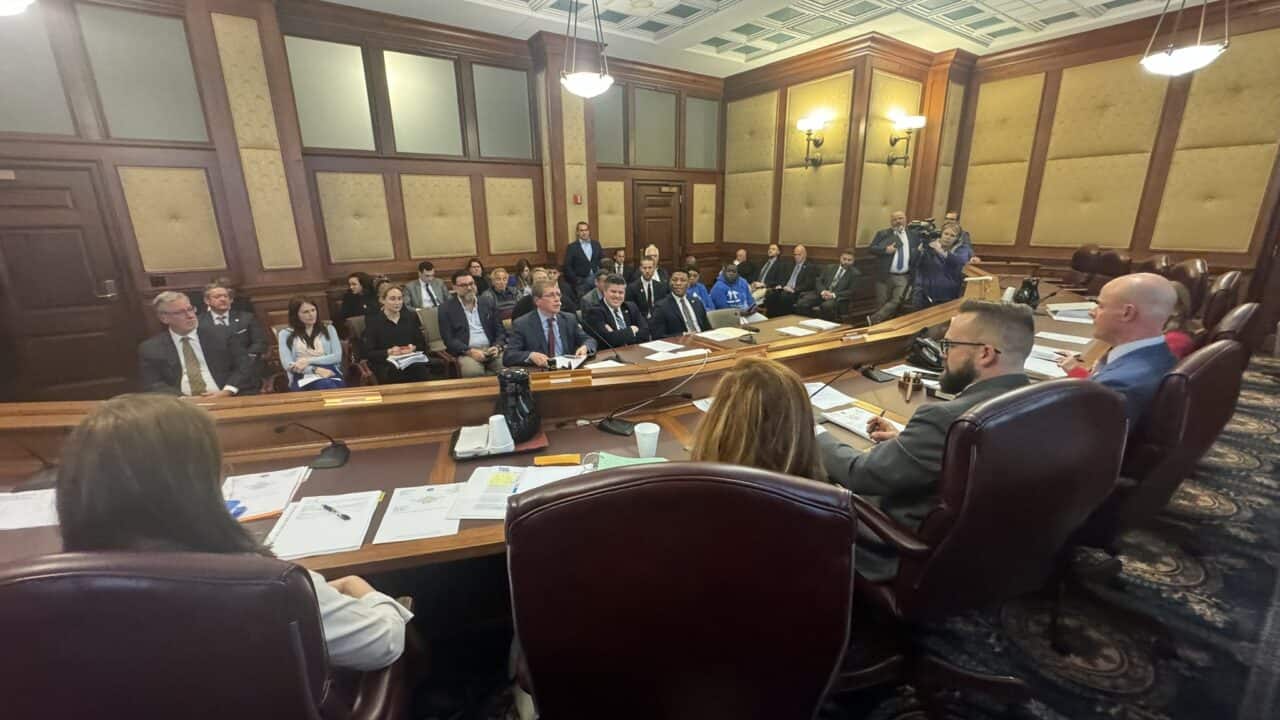
When someone commits a crime, priority one for government should be apprehending them and ensuring they are brought to justice and pay for that crime. Yet, once they have fulfilled their sentence, there should not be endless consequences for those that do not offend again.
Unfortunately, with a confusing, costly, and complicated system for expungement and record sealing, even those former offenders who prove they can stay on the straight-and-narrow over a long period of years will pay through collateral consequences far beyond those they have been duly sentenced to.
Missouri’s system is not working as fewer than 1% of those who are eligible for expungement get it. Republican legislators are leading the effort to fix this through automated expungement, or “Clean Slate” legislation. The House committee has unanimously advanced this legislation with a ‘do pass’ recommendation.
When done responsibly, Clean Slate is proving to be a win for public safety, due process, and the economy.
Incentivizing a path of working and contributing to the community can improve public safety. A good job helps reduce the risk of recidivism.
Justice Department figures show that re-arrest for former nonviolent offenders is rare five or more years after release. A study found the vast majority (82%) of those arrested during a nine year period were arrested during the first three years.
The economy will also benefit as law-abiding former offenders are able to take on new jobs and grow a career. A study from University of Michigan law school researchers found people’s wages went up by 20% on average one year after expunging their record.
With 100 job openings per every 53 available workers, Missouri continues to face a significant workforce shortage. Healthcare has been particularly impacted. Clean Slate offers the opportunity to get law-abiding potential workers into new jobs to help address the shortage.
For conservatives working on criminal justice issues, public safety must come first. Under the Missouri Clean Slate legislation that ATR supports (SB 1161, HB 2108, HB 2555) the state police will retain any criminal records associated with expunged convictions, and in the rare event someone reoffends after having a record expunged, their past offenses will be considered in court. Only one felony record (excluding violent & sex offenses) and two misdemeanor records can be expunged, and anyone with more convictions is not eligible for automated expungement at all.
Pennsylvania and Utah were the first two states to set the model for responsible automated record sealing and expungement. Since passage, over 1.2 million Pennsylvanians have had a record sealed, and it is estimated over 400,000 records will be expunged in Utah. More states have joined them and implemented good Clean Slate policies, like Oklahoma. 10 total states have enacted a version of Clean Slate.
Clean Slate offers someone the chance to pursue a hard-earned second chance. Nothing is given away. Missouri legislators have the opportunity to get a big win by passing Clean Slate this session.

